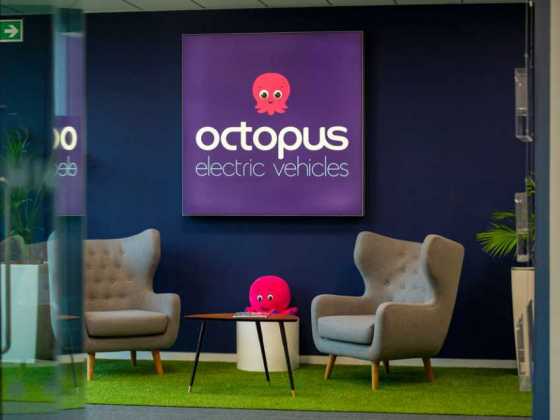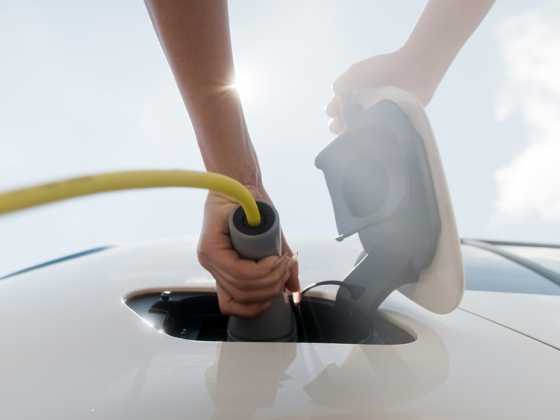Summer Budget reveals new car and fuel tax rates
The government will implement new regulations regarding vehicle exercise duty after a new three band classification was announced during Chancellor George Osborne’s first fully-Conservative Budget in the House of Commons since 1996.
From April 2017, all new cars registered will be classed in one of three new vehicle exercise duty (VED) bands: Zero-emission, Standard and Premium. There will be an average flat rate of £140 for most cars, except in the first year when tax will remain linked to the CO2 emissions that the car produces.
Electric cars won’t pay any road tax at all and the most expensive cars will pay more. VED rates for older and existing cars will remain unchanged, with the tax facing a possible increase each year by the RPI to account for inflation.
Under the new VED system from April 2017, first year rates will vary according to the carbon dioxide emissions of the vehicle. There will be a flat standard rate of £140 for all cars except those emitting zero grams of carbon dioxide per kilometre (gCO2/km), for which the standard rate will be £0. Cars with a list price above £40,000 will attract a supplement of £310 per year for the first five years in which the standard rate is paid. The new VED system will be reviewed as necessary to ensure that it continues to incentivise the cleanest cars. The new rates and bands are set out in the following table.
In the announcement, Osbourne commented on fuel duty, confirming that the government will remain frozen as promised in the March Budget. Fuel duty will therefore not increase by inflation in September this year and will remain unchanged until 2016. However, Osborne did comment on changes to MOT Testing, by revealing government plans to extend the deadline for the first MOT of new cars and motorcycles from three years to four years.
LowCVP Managing Director Andy Eastlake said: "The LowCVP supports a CO2-related first year VED but is concerned about the impact of flat (£140) annual duty rates on the cost-conscious second-hand buyer. The proposed new system won’t encourage the adoption of low carbon vehicles in the important second-hand market. In the longer run it's also likely to encourage drivers to keep higher carbon 'gas guzzlers' on the road and will also have impacts on residual values.
"The zero VED rating provides an incentive for battery electric vehicles but immediately stepping up to £140 provides little to encourage the use of plug-in hybrid or other promising low carbon vehicle and fuel technologies, all of which have a role in decarbonising our transport while providing the choice needed for users disparate journeys."
RAC Business spokesperson Jenny Powley says: “The changes to VED bands will have an impact on the total cost of ownership, which will have to be picked up by the company when fleet managers are purchasing new cars from 2017. Fleet managers have been proactive in encouraging drivers to think about cleaner cars by going for vehicles with low C02 emissions which have zero or very low rates of road tax.
“But there is now a big question mark over how the new changes will affect company car drivers’ inclination to go for low carbon dioxide emitting, fuel efficient vehicles. For the first year of ownership of a new vehicle, incentives will still exist to select low emitting vehicles but thereafter, a flat rate will apply to most vehicles. This may raise questions about how companies will make purchasing decisions when it comes to new vehicles in the future.”
Quentin Willson of FairFuelUK said the campaign is pleased' that George Osborne continued to freeze fuel duty. He said: “Our 1.1 million supporters will be somewhat happier that whilst this tax still remains the highest in the EU, a freeze will help keep their high road transport costs somewhat lower than what was rumoured to be introduced in this Budget.
“Our recent empirical economic evidence sent to all MPs and the Treasury has made them realise that 40 million UK drivers will not tolerate being used as that continual cash tax cow. The fight goes on for a cut.”
Read an in-depth analysis of the Budget on fleets



